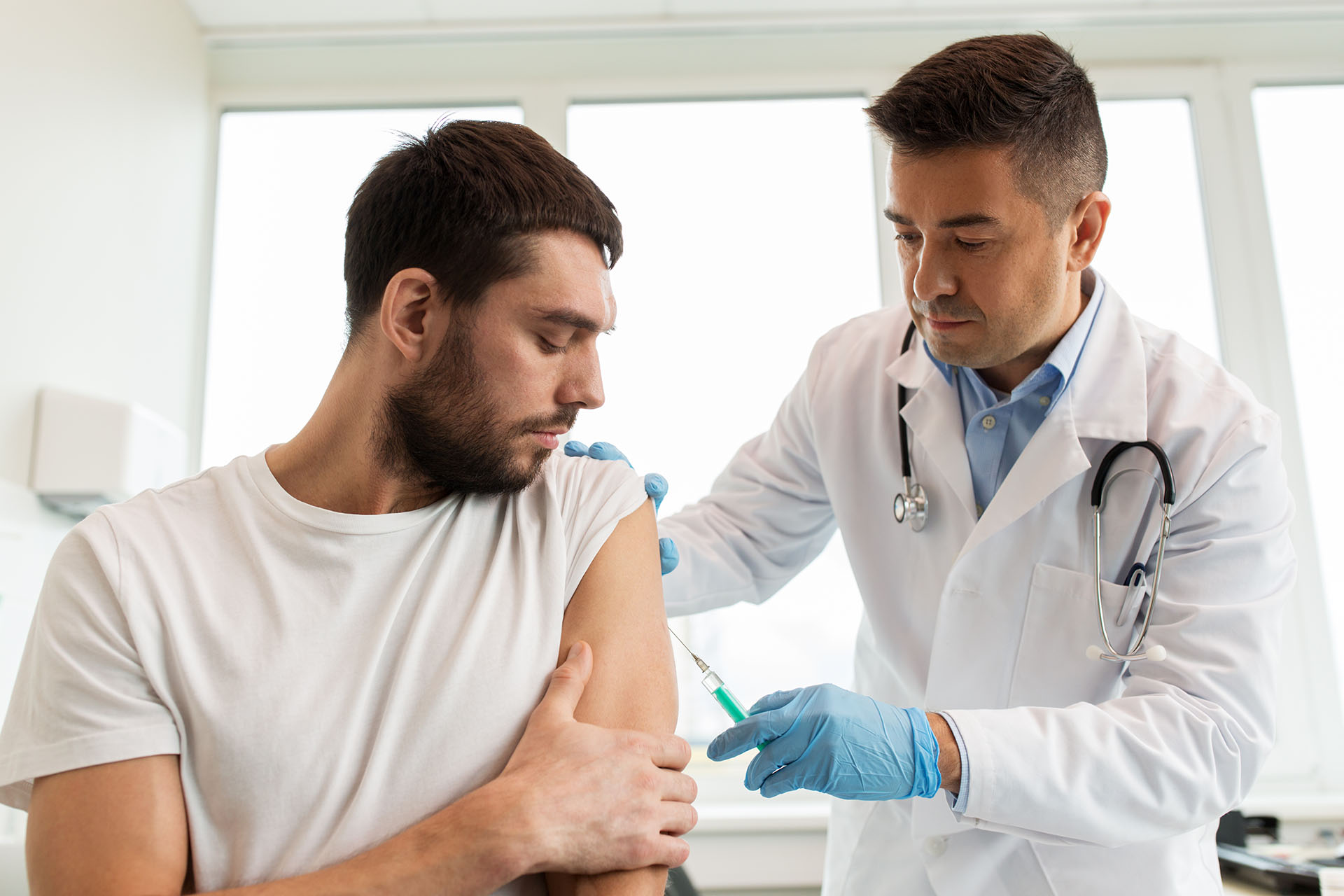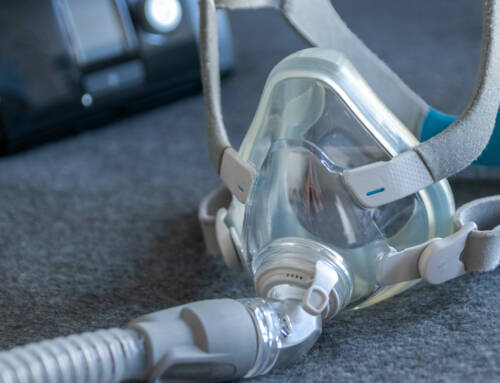Vaccines are largely safe. The testing and quality control measures in place by the FDA provide an extra layer of protection against possible problems that may arise. With that said, there are potential risks associated with getting any vaccine.
Common adverse events associated with many vaccines include:
- Pain, redness and/or swelling at the injection site.
- Low-grade fever
- Muscle aches
- Very rarely, a vaccine can trigger an exaggerated immune response that can cause an allergic reaction, severe illness or death.
If vaccine injury is believed to have occurred, financial compensation is possible. However, unlike with drug and medical device manufacturers, vaccine manufacturers cannot be sued for personal injury or wrongful death.
Although the NCVIA prevents litigation against vaccine manufacturers, financial compensation is possible for vaccine-related injury or wrongful death under the National Vaccine Injury Compensation Program (VICP). Anyone can file a claim; if it is found that a vaccine is indeed the cause of the injury or wrongful death, an award is made.
The COVID-19 vaccine is considered a countermeasure to the pandemic and as such is covered by the Countermeasures Injury Compensation Program (CICP), not the VICP. A countermeasure is a vaccination, medication, device, or other item recommended to diagnose, prevent or treat a declared pandemic, epidemic or security threat. The CICP is a program of the Public Readiness and Emergency Preparedness Act (PREP Act), which authorizes the CICP to provide benefits to certain individuals or estates of individuals who sustain a covered serious physical injury as the direct result of the administration or use of covered countermeasures identified in and administered or used under a PREP Act declaration. The CICP also may provide benefits to certain survivors of individuals who die as a direct result of the administration or use of such covered countermeasures.
COVID-Specific Considerations
The rapid development of the COVID-19 vaccines has left some Americans skeptical of its safety and effectiveness, however. This may be a contributing factor to Health and Human Services Secretary Alex Azar’s invoking the PREP Act, which will grant pharmaceutical companies blanket immunity from liability should anything go wrong with the vaccines. The protection will last until 2024 and the only exception to the protection will be if willful misconduct by the company is found.
Thankfully, severe adverse reactions to the vaccines have so far been rare. It is nonetheless important for consumers to be fully aware of their rights (and the rights of the companies) when dealing with any medical product, including vaccines.






